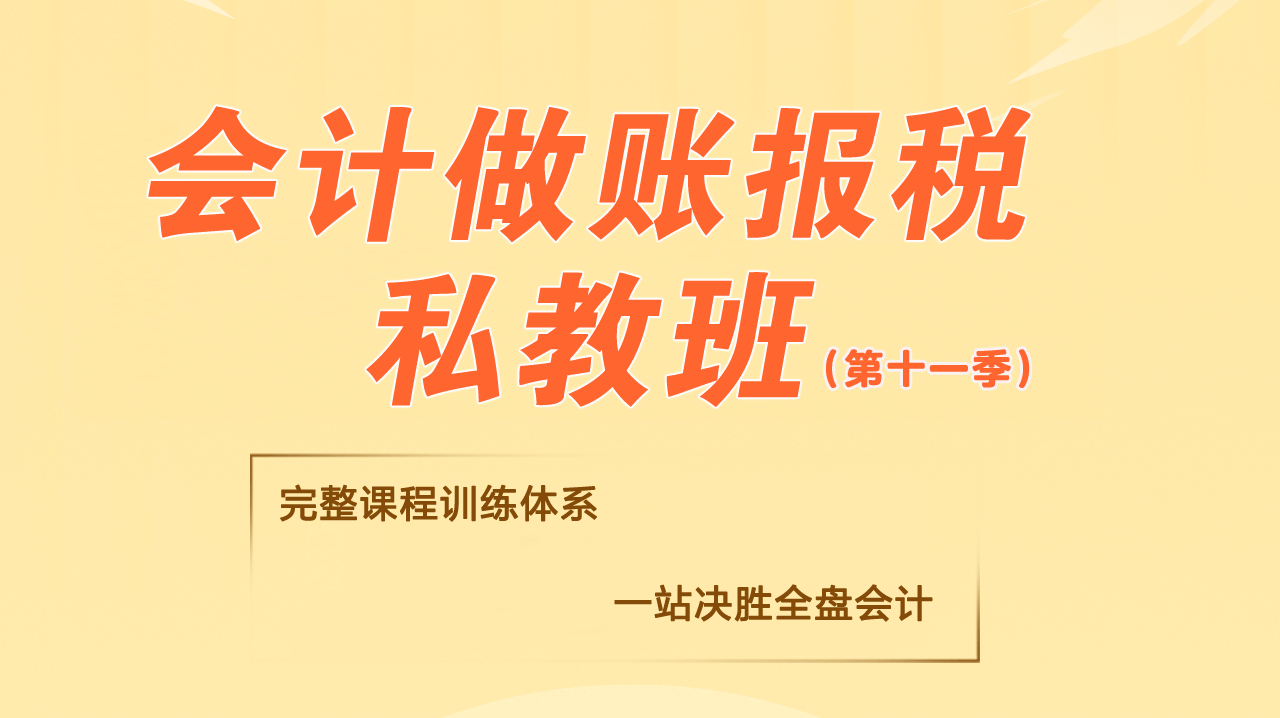投资者不该对日本恐慌(双语)
Since a devastating earthquake and ensuing tsunami struck Japan last Friday, investors have been dumping Japanese and U.S. stocks in what can only be called panic selling. Getty Images
2011年3月11日,日本遭受地震灾难以及随之而来的海啸冲击,此后投资者纷纷卖出日本和美国股票,简直就是一种恐慌抛售。
In my view, this is a big mistake. I'm sticking with my disciplined buy-sell strategy, looking to snap up shares of U.S. stocks--and even Japanese stocks--if conditions merit.
在我看来,这是一个大错误。我依然坚持自己的股票买卖原则,并在条件允许的情况下,考虑进一步买入美国股票——甚至日本股票。
Many years ago I bought a one-bedroom condominium in New York as an investment and rented it out. My tenant for several years was a sushi chef from Japan. The rent check arrived each month a week early. He spoke little English, but every December he sent me a Christmas card, carefully hand-written, thanking me for the privilege of being my tenant. I can't say whether he's typical of his fellow countrymen, but he left me with an indelibly positive impression of the Japanese.
很多年前,我在纽约买了一间一居室的共管公寓作为投资,并把它租了出去。有好几年,我的房客是一名日本来的寿司厨师。每个月的租金支票都提前一周寄来。他只会一点点英语,但每年的12月都会给我寄一张圣诞卡片,字写得很工整,感谢我给予他租房子的机会。我不知道他是否属于典型的日本人,但他让我对日本人留下了不可磨灭的良好印象。
I have been thinking of him this week as Japan teeters on the brink of nuclear catastrophe, still reeling from the earthquake disaster that so far has taken the lives of more than 5,000 people and left thousands more still missing. These calamities follow a decade of economic stagnation and declining morale as China overtook Japan as the world's second-largest economy.
如今,日本濒临核灾难的边缘,并仍沉浸在地震的余威当中;这场地震目前已经夺走了8000多人的生命,另有数千人下落不明。在这段时间里,我时常想起那个日本人。这个国家可谓屋漏偏逢连夜雨,在这些灾难降临前,已经遭遇长达十年的经济停滞,国民士气低落,眼睁睁地看着中国超过自己成为世界第二大经济体。
Now, in the wake of what some are calling the greatest tragedy to strike the nation since the bombings of Hiroshima and Nagasaki during World War II, fears have spread rapidly to markets around the globe as jittery investors sell stocks in search of safer havens.
有人将这次灾难称为日本自二战时期广岛和长崎被原子弹轰炸以来所遭遇的最大悲剧,恐慌迅速传播到全球市场,如惊弓之鸟的投资者急忙卖出股票,试图寻找安全的避风港。
Panic should never be a reason to sell anything. The question is whether whatever caused the panic justifies taking immediate action. As with many events that are both enormously complex and uncertain, it takes some humility to acknowledge the truth, which is that we simply don't know. Even experts have been rendering conflicting views on the seriousness of the nuclear threat and potential economic disruption.
恐慌永远不应成为卖出的理由。问题在于,不管引发恐慌的是什么事情,它是否值得让我们马上采取行动呢。许多事发生时,情况都极其复杂,充满了不确定性,人们需要怀有谦卑的心情才能认可一个真相,即我们对有些事情是不知道的,甚至连专家们对于核辐射威胁的严重程度以及潜在的经济危害都观点不一,相互矛盾。
Speculators, of course, are having a field day. I've heard all kinds of advice: Buy the severe drop in the Japanese market; short Japanese government bonds; buy puts and sell calls on Japanese index funds; short nuclear power-focused companies; buy coal; go long U.S. utilities.
当然,投机者正在大展身手。我听到各种各样的投资建议:趁日本股市大跌买入股票;做空日本政府债券;买入日本指数基金的看涨期权,卖出看跌期权;做空以核能为主业的上市公司;买入煤炭股;做多美国的公共事业股,等等等等。
I'm ignoring all of it. Professional traders and money managers have no choice but to react to world events--no matter how tragic--and try to make money from them. That's their job, and they provide a service to their clients, as well as liquidity for people on the other side of the trades. The Tokyo stock market has stayed open throughout the crisis, providing a market for people who panicked and wanted to sell. But as individual investors, responsible to ourselves, we have no obligation to trade on the Japanese crisis.
我将这些建议置之脑后。专业交易者和基金经理别无选择,只能对世界大事做出反应——不管事件本身多么悲惨——并试图从中获利。这是他们的工作,是他们为其客户提供的一种服务,也满足了其交易对手的流动性需求。东京股市在灾难爆发期间始终保持交易状态,为惊慌失措而想抛售的人提供了一个市场。然而,作为个人投资者,我们只需要对自己负责,没有义务要借日本的危机做出什么交易。
I was impressed this week that Carnegie Hall went ahead with its festival celebrating Japanese music and culture, but canceled a panel on Monday that was going to focus on 'innovating and profiting' in contemporary Japan. "All of us felt, as a topic, that wasn't what you'd want to be talking about right now," executive and artistic director Clive Gillinson said.
上周,纽约的卡内基音乐厅(Carnegie Hall)做了一件让我感动的事情。音乐厅的日本音乐文化节继续举行,但取消了原定于3月14日举行的聚焦当代日本“创新及获益”的讨论会。卡内基音乐厅执行与艺术总监克里夫•基林森(Clive Gillinson)说,我们都感到,这个主题在目前的状态下并不适宜讨论。
I feel much the same way. I'll stick to my program for buying and selling. If world markets continue their decline and the Nasdaq hits my buying target of 2550--a 10% decline from its recent high--I will buy stocks, as I would in any event. I might even buy a Japan index fund or Japanese stocks. I don't currently own any, although I'm sure many Japanese stocks are represented in my broad international index and mutual funds.
我也有同样的感觉。我将继续坚守自己的股票买卖原则。如果全球资本市场继续下挫,纳斯达克指数达到我的买入目标点位元2550点——比最近的高位下跌10%——我将买入股票,我在发生其他任何事件时也会这么做。我甚至还会买入日本的指数基金或日本股票,目前我不直接持有这些投资品种,但我敢肯定,自己持有的涵盖范围很广的国际指数基金和共同基金会包括许多日本的股票。
The enormous courage shown by Japanese workers at the stricken nuclear plants has only increased my respect for the Japanese people and their resilience. In the wake of World War II and a devastating nuclear attack, Japan undertook the economic transformation that made it until recently the world's second-largest economy. I hope it emerges from this tragedy, too, with a renewed sense of purpose and ambition.
日本工人在抢修核电站的过程中展现出来的巨大勇气让我对日本人民以及他们百折不挠的精神更为敬重。经历了二战以及毁灭性的核爆炸之后,日本着手经济转型,并一举成为世界第二大经济体,直到最近才屈居第三。我希望这次日本能再次从灾难中崛起,重新定位自己的目标,重筑自己的辉煌。



